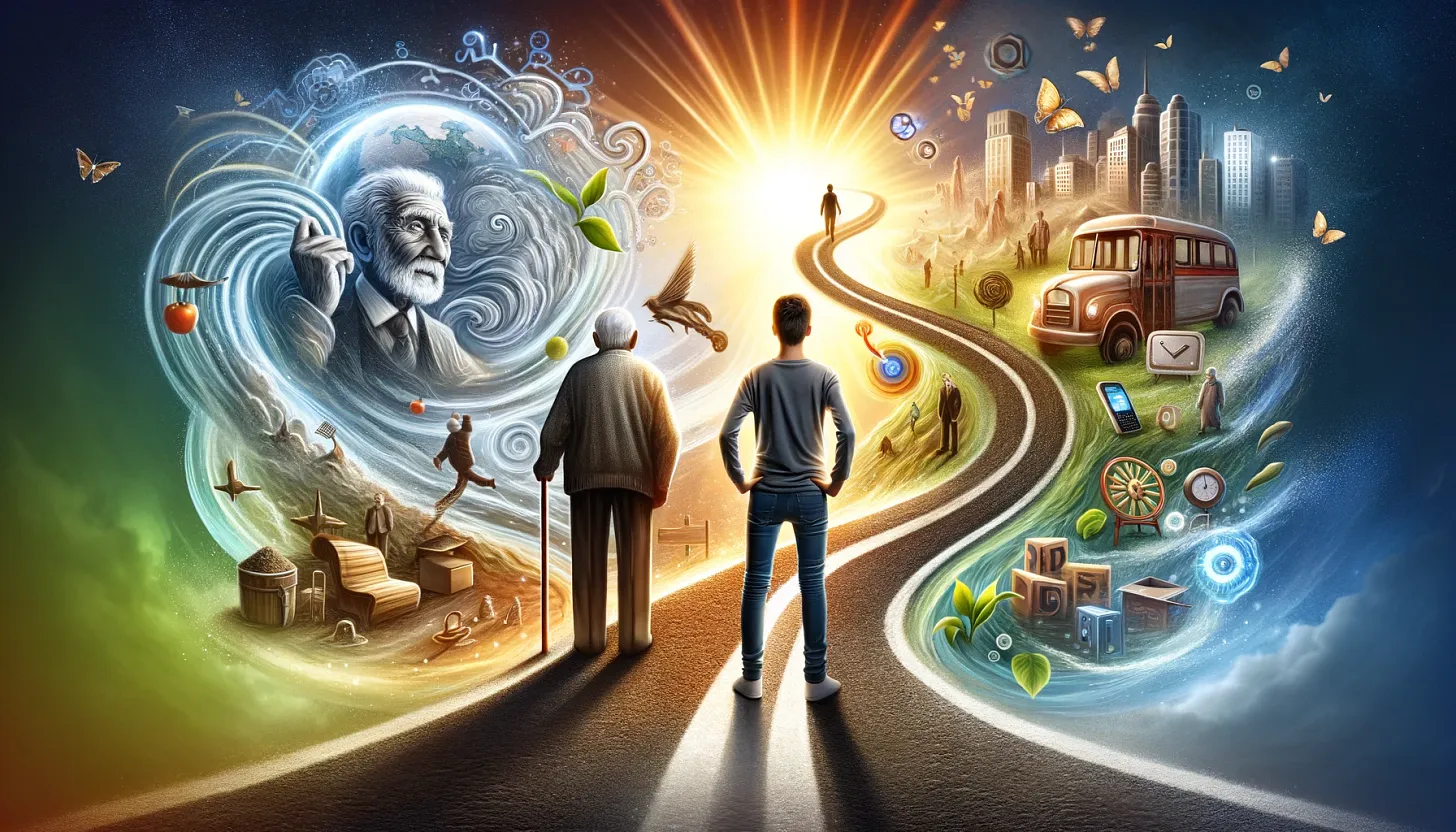Why I donot want to live forever
As a child, I felt angry when my elders did not take me seriously. I remember when my ideas were brushed aside because the elders thought they knew better. Times like those made me feel small. I thought I was invisible, and my opinions and ideas carried no weight.
As I grew up, my arguments became more nuanced, aligned with the times, and backed by data. The elders still held on to their notions of knowing better because they had more experience with them. However, I now had the wisdom to ignore them, the conviction to forge my own path, and the resources to execute my ideas. I started ignoring them or engaging with them as part of amusement.
I am now at the age where I see the previous generation slowly leave. As a kid, you feel that everybody around you would stay forever. As you grow old, you see elders leave and the new generation come in. It is difficult at first. It shakes you up emotionally when a close connection leaves. However, with time, you come to accept the reality and the circle of life.
One thing that changes is that you are now in charge. You and the people of your age are the ones making decisions. There is nobody else to stop or counsel you. On the other hand, if you screw up, there is nobody else to blame. The path of progress is yours to forge. Many of the decisions that I have taken or have seen people of my age make are based on our experiences. The ideas, the culture, and the state of the economy as we saw growing up have shaped our worldview. This experience differs from our parents or grandparents, so we make different decisions. We are not burdened by their constraints.
Coming to people of my age in India. We are the children of liberalization who saw an India of abundance—the India that was opening up to the world. We are more global and capitalistic in our output. We are driven by consumerism and do not feel guilty about spending. Our parents were shaped by experiences of emergency, war, and global sanctions on India. They came from a period where providing security was important. They were done with socialism and rejected it. They built a liberalized India. But they still saved for a rainy day. Their parents were shaped by the freedom struggle and a country with empty coffers and no enterprise. They believed in building slowly, living simply, and being content with controlling their own destiny. They looked to the government to provide basic necessities and were ok if they managed the Roti, kapada, and Makaan. We all rose on the foundation provided to us. We all rose because we were unshackled by the experiences that shaped the previous generations.
And coming to the next generation. My generation is still shaped by the experiences of the global financial crises. We are exploitative without caring about what happens to the environment. We were also happy to get a job and work our ass off without caring about our mental health. The next generation is more concerned about the environment, mental health, and the overall narrative. They are trying to act to hold corporations and governments to account. When they become decision-makers, they will forge the path of progress in their own way. How would my kids act? I do not know; it is too early.
Do I want to be around to see my future generations? Yes. Do I want to meet the people who left? Yes. But I do not want them to impede my ideas and my decisions. The worldview and the experiences of the previous generations was different. Progress happens when the old gives way to the new. Creative destruction.
I do not want to impede and pass judgment on how future generations decide. The path of human progress depends upon them being able to make decisions without others constantly second-guessing them.
This is why I do not want to live forever. I want to live healthy till the time I live.

